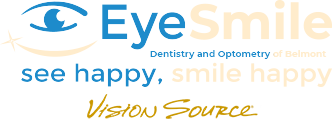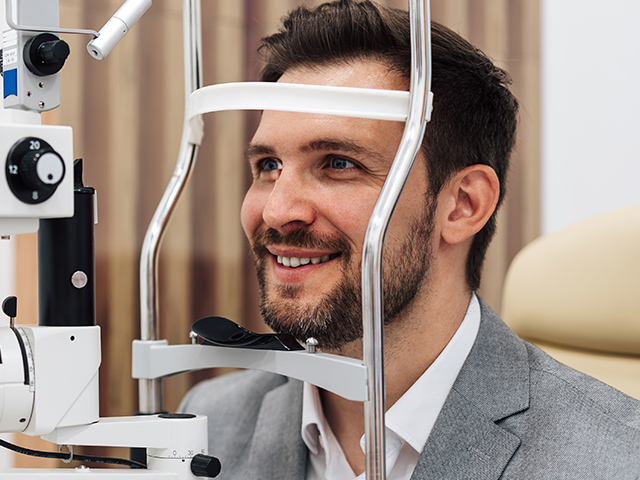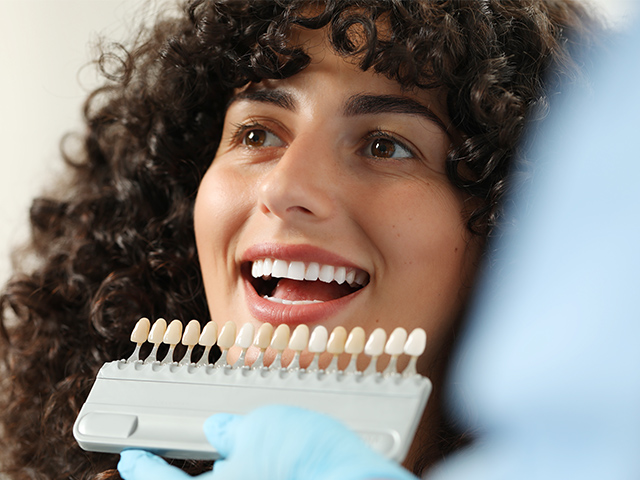
We often think of sleep apnea as an annoying condition that doesn’t allow people to get a full night’s rest. However, sleep apnea can be a very dangerous condition if it is left untreated.
The traditional treatment has been to use a loud, bulky machine that is strapped to your face while you sleep which for some people can often seem just as scary as the diagnosis.
Fortunately, there are other options that may be able to help you with your sleep apnea and get quality sleep once again.
What is sleep apnea?
Sleep apnea is a medical condition that causes people to stop breathing during sleep. The periods where there is no breathing can vary in length and frequency.
There are two types of sleep apnea:
Obstructive sleep apnea – This condition is caused by something that completely or partially blocks your airway. Obstructive sleep apnea is the most common form of sleep apnea.
Central sleep apnea – This is caused by the failure of the brain to send the proper signals to your respiratory system to breathe.
What are the Causes?
Obstructive sleep apnea is generally the result of soft tissues collapsing and blocking the airway which is usually caused by muscle relaxation, but can be exacerbated by individuals with excess weight.
Airways can also become obstructed due to swelling, misalignment of the mouth or upper airway, alcohol use, or allergies.
What are the Effects?
When the airway becomes blocked, it causes people to wake up for at least enough time to start breathing again. These periods are often not remembered by the patient in the morning, but they have serious effects on your ability to rest.
In addition to a lack of proper rest, untreated sleep apnea can lead to:
Heart attacks
Stroke
High blood pressure
Acid reflux
Heart disease
Diabetes
Erectile dysfunction
Diagnosis
Fortunately, the diagnosis of sleep apnea is a relatively straightforward process. Some dental offices offer an in-office test to study the collapsibility of the airway while you are awake.
Depending on the results of that test, you may be scheduled to conduct a sleep study. Sleep studies are often conducted at home and require you to wear a small medical device that tracks your rest and breathing. The following day, you return the device to your medical office to interpret the results.
If these tests indicate that you have sleep apnea, your medical provider will discuss your treatment options with you to find the one that may be right for you.
Treatment
Many patients that have been diagnosed with sleep apnea are prescribed a C-PAP or continuous positive airway pressure machine. The machine is basically a tightly fitting mask with an air hose that forces air into your airway. While this machine is effective, many patients claim that the sensation of the mask or the air in their face is uncomfortable. While other patients don’t like the noise or hassle of having to maintain the machine and some people even feel claustrophobic when they strap the mask tightly on their faces. If you fall into any of these categories, you may have other options.
One of which is a mouthpiece that your dentist may find is an ideal option for you. These devices are custom designed for each patient to ensure that they fit well and perform correctly. The mouthpiece helps to guide your jaw forward while you sleep which helps to maintain an open airway and keep you breathing for a more restful sleep.
Overview
If you have been recently diagnosed with sleep apnea, it is important to get it treated. Many people try to avoid using the C-PAP machine because it is expensive, noisy, prone to gather bacteria, and uncomfortable. If you are looking for a different option, please contact your dental office today to schedule a consultation.





